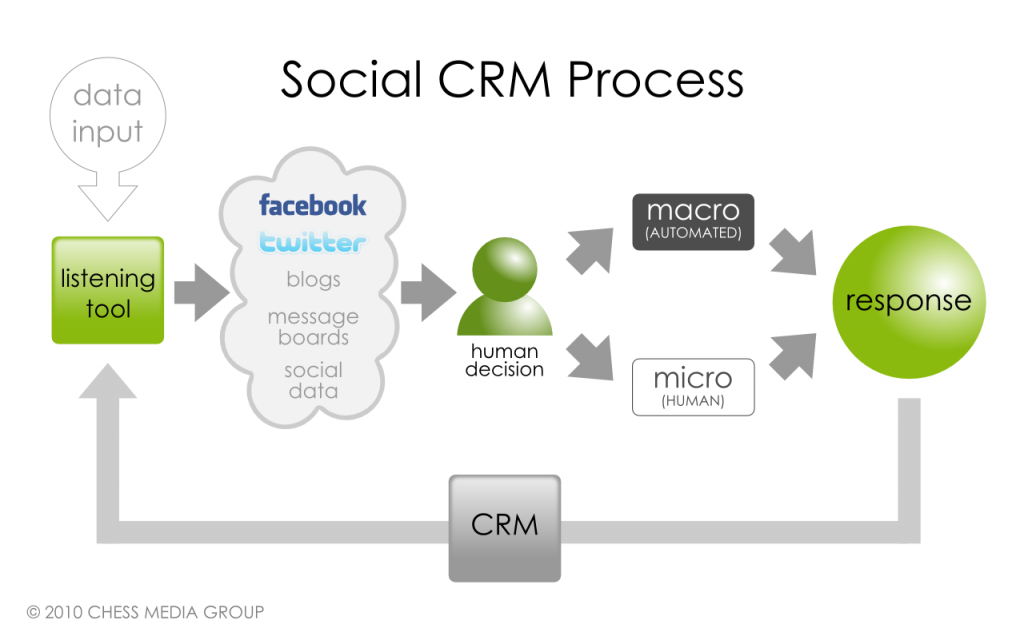Your EQ (emotional quotient) has it’s hand in your success pot more than you may think. A high EQ has proven to boost career success, entrepreneurial potential and leadership talent.
Emotional Intelligence is “the ability to understand, manage and effectively express one’s own feelings, as well as engage and navigate successfully with those of others”. In other words, how level headed are you? Do you breakdown at the first sign of defeat? How aware are you of your co-workers stresses and problems? Are you quick to judge or do you focus on gathering as much information before making assumptions?
Harvard Business Review gives 5 elements of your EQ that you should consider in order to be more successful in business.
Evaluate and Augment your EQ
Your EQ and other emotions you experience remain fairly stable once you emerge into adulthood. This doesn’t mean that it is set in stone. There are a number of ways to change your emotional intelligence for the better.
One way to do this is by improving emotional awareness. Psychology Today says that the ability to deal with one’s negative emotions and stay cool under pressure will help improve your EQ dramatically. The more aware we are of our negative emotions and stressful feelings, the more likely we’ll be able to cope with them better when they arise.
Another way is through becoming an EQ professional. The ability to read others emotional, physical and verbal cues are generally associated with higher EQ levels. Also, the ability to express difficult emotions when necessary, such as your right to disagree or saying no when feelings guilty, gives you a higher EQ. Finally, high EQ candidates possess the ability to express intimate emotions in close, personal relationships in a manner that is nourishing and constructive, while being able to respond positively when the other person does the same.
Luckily, emotional intelligence increases with age, so if you wait long enough it will start happening natually. But that doesn’t mean you can’t jump start the process.
Get some Emotional Advice and Listen to it!
A well-designed coaching intervention can improve emotional intelligence by 25%. According to a study at Texas A&M University, the most coachable element of your EQ is interpersonal skills, showing that average short-term improvements were approximately 50%. It’s also been proven that stress management programmes can improve EQ by 35% and that with sufficient training, people can become more prosocial, altruistic and compassionate in the workplace.
Be careful though, a number of managers are asked to coach their employees without having undergone sufficient self-development themselves. As a result, some course may only be focused on a few coaching skills, the programme may be unrealistically short, an inappropriate style of coaching may be adopted by the teacher that intimidates the student, and the organizational culture may not be designed to properly facilitate an emotional coaching environment. It’s not quite a “blind leading the blind” situation, but it’s bloody close.
Three basic requirements are listed for successful coaching in the ebook Emotional Intelligence Coaching:
- The coach must be emotionally intelligent themselves and possess the necessary coaching knowledge, skills, attitudes and habits.
- The student must be coachable and want to be coached.
- The organization where the coaching takes place must have a suitable culture that doesn’t intimidate the students for fear of losing their job.
Realize and Become Aware of how Coachable you are
My old basketball coach use to tell me “it doesn’t matter how good you are; it matters how “coachable” you are”. The fact is, you can’t teach someone something if they truly do not want to learn. Some coaching methods will fail with a client no matter how well executed the technique is or how good the coach is. There is not a whole lot of research on coachability, but a recent study showed that an evaluation of one’s EQ level at the beginning of the first session enhanced the overall coachability of clients.
How many psychologists does it take to change a lightbulb? One — so long as the light bulb wants to be changed. A higher EQ may enhance coachability, since it’s associated with better people skills, more empathy and greater awareness of ones actions. At the same time, a lower EQ means you are more sensitive to criticism, insecure and worried you might fail, so you should also want to change when the opportunity arises. There is no way to tell how coachable someone will be until you start coaching them, but making them aware of this could be the first step.
How Emotional Intelligence Affects your Business
There are endless ways that your EQ can affect how your workplace functions and how you function within it. I have highlighted three different areas addressed in an article by ZeroRiskHR.
Intuition and Empathy: Our awareness of others feelings, needs and concerns
Increasing this aspect of emotional intelligence will help you to better understand others and have a better sense of their feelings and perspectives. It also helps to show an active interest in their concerns and situations. This will help build customer service orientation but improving your ability to anticipate, recognize and meet needs. It will also improve people development by giving you the ability to sense what others will need to grow and master their strengths.
Self-Awareness: Knowing one’s internal states, preferences, resources and intuitions.
This deals with one’s emotional awareness and their ability to recognize their emotions and their effects of others around them. This will produce more accurate self-assessments and give you a more precise depiction of your strengths and weaknesses. It will also improve your self-confidence and reaffirm your sense of self-worth and capabilities.
Self Expectations and Motivation: The emotional tendencies that guide or help in achieving defined goals.
Improving this area will help in your drive to achieve and meet standards of excellence that have been self-imposed, better align your commitments with yourself and your organization, strengthen your initiative and give you a more optimistic outlook on pursuing goals and battling setbacks.
Your emotional intelligence plays an enormous role in your functionality within the organization. Things like confidence, self-motivation, empathy, self-awareness, consideration, respect and social and communication skills all obviously play enormous roles in your success within your company. As the old saying goes “it’s not about what you know, it’s about who you know”. Emotional intelligence is the underlying force behind the networks and relationships you have created and become a part of. The bottom line is the higher your EQ, the faster you will grow, and the more successful you’ll become.
Trevor Micklow is a business writer and content curator based out of Chicago, IL. US. He specializes in digital strategies, social media, psychology, executive education and business school related topics. He has been working and coordinating the general content of IntelligentHQ’s business school directory, which gives key information and programme details on the top business schools in the world. He has a BS, Psychology from Central Michigan University.


























